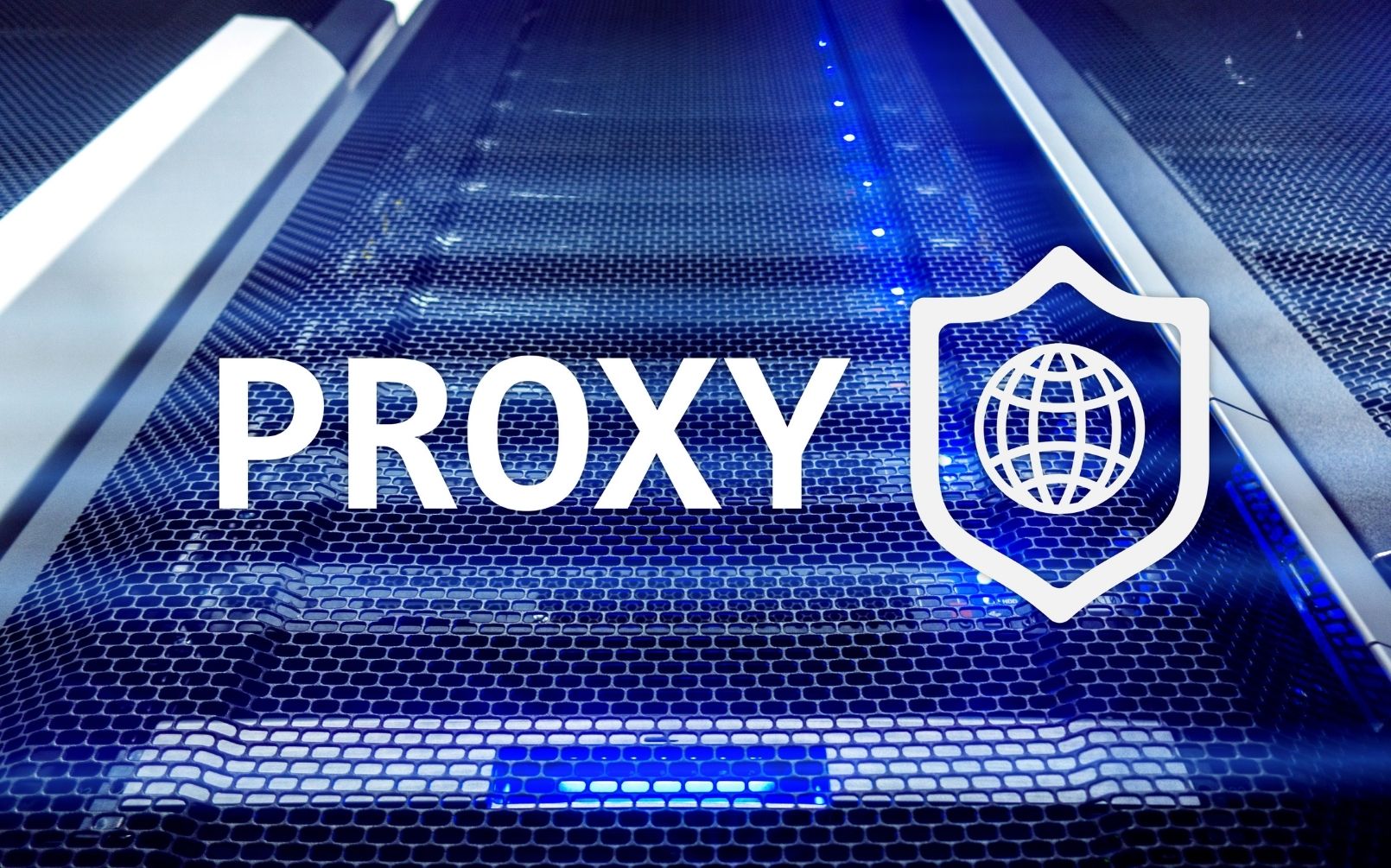Any links to online stores should be assumed to be affiliates. The company or PR agency provides all or most review samples. They have no control over my content, and I provide my honest opinion.
As cybersecurity becomes the top priority for all internet users, people worldwide are trying to find the best solution to keep them anonymous and safe when browsing the internet.
Although companies have created various products to improve online safety, proxy servers are definitely among the most widely-used products. As a result, internet users can choose from countless proxy providers who have decided to launch their unique proxy versions.
Since some of these versions are free and others come with a hefty price tag, you’re undoubtedly interested in discovering the differences between public and private proxies. Let’s get straight into it!
What is a proxy?
A proxy server is a particular server that acts as an intermediary between an internet user and the internet. Therefore, a proxy server separates end users from their browsing internet content. Proxies do that to improve the security and privacy levels of their users.
When using a proxy, internet traffic flows through a proxy server before reaching the requested address or the end user. What is the point of a proxy server forwarding the data that’s easily accessible without it?
Well, proxy servers play an essential role in network performance and data security. They can act as web filters and firewalls that cache data, speed up requests, and protect the internal network. Ultimately, proxy servers protect internet users from the bad things on the web.
With that said, the main features every proxy server should have are:
- Improving performance;
- Monitoring and filtering online data;
- Accessing services anonymously;
- Enhancing online security and privacy;
- Translating different data sources.
Where to get paid proxies?
We have been looking for a provider that offers reliable datacenter proxies with a high level of reliability and fast reaction times.
There we have found Ghostealth. They advertise their proxy servers with a guaranteed uptime of 99.9% and do not limit the usage of their proxy servers by bandwidth.
The special thing here is that they have a pool with more than 50.000 IPs.
Those IPs change with every request. This is called a “rotating proxy server“. This ensures that all of your actions on the website are completely anonymous.
How are public and private proxies different?
There are two main categories of proxies – public and private proxy servers.
Public or open proxies are free or inexpensive proxy servers that multiple people use. They typically support HTTP and SOCKS5 services, and some come with helpful SEO tools. However, because many people use them, public proxies are slower, unreliable, and often crash.
Private proxies ensure a unique IP address for each user, so no two people share the same IP. Since only one person can use them, they efficiently optimize the internet speed and bandwidth usage. Furthermore, private proxy servers do a better job at protecting personal data and maintaining online security. If it’s your primary concern online, find more info about private proxies here.
Why are private proxies better?
As you can already guess, private proxy servers are far superior and always a better choice than public proxies. Here are some features private proxy servers excel at:
- Speed: Since only one person uses them, private proxy servers are much faster. They efficiently optimize network performance and bandwidth usage.
- Security: By not sharing a proxy with a different person, you’re securing the safety of your personal information and private data.
- Anonymity: Never share personal details online when using a proxy server. Your IP address and actual geographical location will remain hidden.
- Reliability: Private proxy servers rarely crash, so you can always count on them.
- Technical support: Paying for a proxy means paying for customer care in case you need technical support.
How can you use private proxy servers?
Private proxy servershave numerous use cases, but let’s review the most crucial.
Internet usage control
Whether you’re a parent worrying about what content your kid can find and access online or a company owner trying to eliminate all the distractions from your employees, proxy servers allow you to gain internet usage control.
That includes restricting others from accessing specific websites or simply gaining insight into how much time they spend cyberloafing.
Internet speed and bandwidth usage improvement
Proxies can also affect internet speed and bandwidth usage by caching popular websites. When they cache a web page, they save the latest copy of a website.
So, when multiple people search for the same webpage simultaneously, the proxy server sends only one request. As a result, companies can save bandwidth and optimize their internet performance.
Privacy enhancement
As you probably already know, you can use proxy servers to browse the web anonymously. A proxy masks the actual IP address of the user and other essential web request information. Therefore, the destination server can’t get insight into who made the original request, so your private information stays secure.
Security improvement
Similar to privacy, proxy servers also increase online security. Set up your proxy to encrypt web requests for the ultimate safety and keep your valuable data away from prying eyes.
Proxies also help companies and individual internet users prevent access to malware sites.
Conclusion
All in all, public and private proxies have some similarities, but they also come with quite a few differences. Although cheap and easily accessible, free proxies don’t equip you with real proxy benefits. If you want to experience the genuine advantages of online security, a private proxy server is a way to go.
I am James, a UK-based tech enthusiast and the Editor and Owner of Mighty Gadget, which I’ve proudly run since 2007. Passionate about all things technology, my expertise spans from computers and networking to mobile, wearables, and smart home devices.
As a fitness fanatic who loves running and cycling, I also have a keen interest in fitness-related technology, and I take every opportunity to cover this niche on my blog. My diverse interests allow me to bring a unique perspective to tech blogging, merging lifestyle, fitness, and the latest tech trends.
In my academic pursuits, I earned a BSc in Information Systems Design from UCLAN, before advancing my learning with a Master’s Degree in Computing. This advanced study also included Cisco CCNA accreditation, further demonstrating my commitment to understanding and staying ahead of the technology curve.
I’m proud to share that Vuelio has consistently ranked Mighty Gadget as one of the top technology blogs in the UK. With my dedication to technology and drive to share my insights, I aim to continue providing my readers with engaging and informative content.



![Kingston Fury Renegade KF436C16RB1AK2 review feature Kingston Fury Renegade 3600Mhz DDR4 RGB Review [KF436C16RB1AK2/32] – Cheap Fast RGB DDR4](https://mightygadget.co.uk/wp-content/uploads/2021/08/Kingston-Fury-Renegade-KF436C16RB1AK2-review-feature-768x300.jpg)



